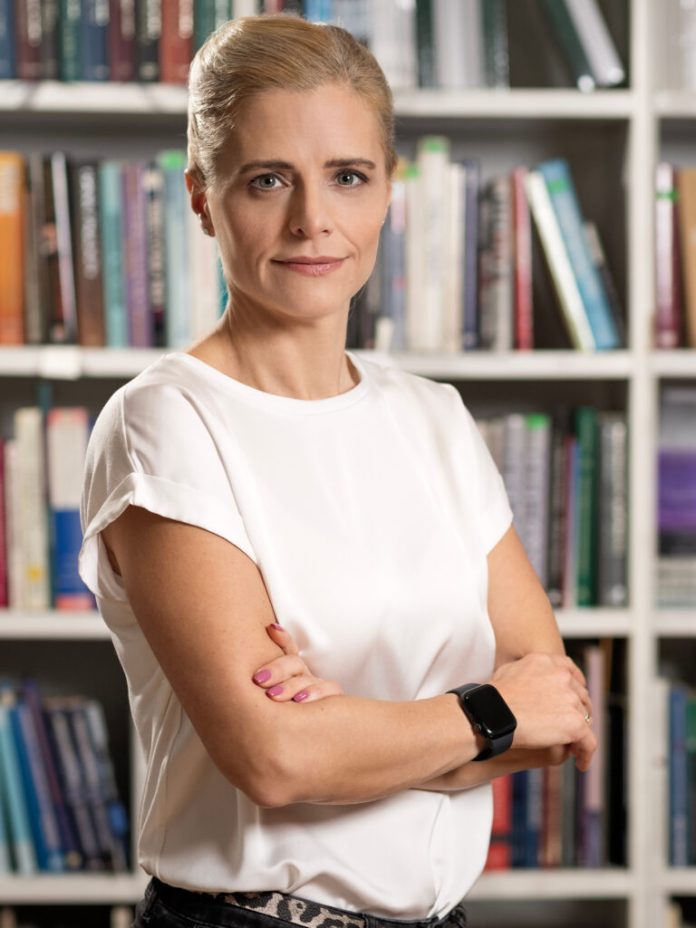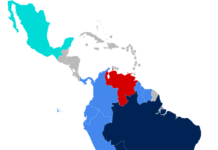In many ways, Europe is at a crossroads. The forces of freedom are confronted by authoritarianism, socialism, corruption, and other adversaries that threaten to stall or undo progress country by country.
My native Bulgaria is one example. Our institutions are under constant threat from oligarchs, spies, and crime gangs in search of unchecked power.
While Bulgarians have embraced the democratic process and a market-based economy in the late 1980s, with a new constitution adopted in 1991, Bulgarian democracy remains fragile today. Forces from within and without threaten to undermine key institutions that Bulgarians need to uphold the rule of law, individual liberties, and human dignity.
However, where there is concern, there is also plenty of hope to be found. Because of local think tanks and other freedom champions who seek to reform Bulgaria from the ground up, remnants of our Soviet-era past are slowly, steadily being eroded. My organization, the Institute for Market Economics (IME), is helping Bulgaria reform its legal system to remove much of the remaining legacy of Soviet domination.
Starting in 2015, IME has championed rule of law in Bulgaria, most notably with the creation of the “IME Legal Program.” For years, the IME Legal team has created and nurtured a network of supporters, communicated our key messages intensively, and worked consistently with all political parties to implement judicial reforms. Long-term persistence gradually shifted societal and political priorities and as a result of many factors, the Bulgarian National Assembly passed a constitutional amendment last December, removing some Soviet influences from the country’s judicial system and reining in the previously unchecked power of the Prosecutor General if implemented. The amendment would uphold judicial independence, reduce the length of the Prosecutor General’s term, reinforce a system of oversight and accountability, and remove the office’s ability to freely meddle in the lives and businesses of law-abiding citizens.
But, again, Bulgaria’s progress is not secure, and it must be protected by the champions of freedom—not just IME, but our many allies around the country. There is a risk that the constitutional amendments we advocated for will be overturned in the country’s constitutional court or not be further developed into law by the next Bulgarian legislature which will be elected tomorrow.
Our hard work goes on. There is no room for complacency in a post-Soviet world.
Bold reforms in many areas are still needed in Bulgaria. On the economic front, it is vital for Bulgarians to continue promoting and pursuing entrepreneurship as a fundamental building block of any market economy. Through businesses large and small, Bulgarian job-seekers and employees can truly gain access to financial security and prosperity for themselves and their families. We need to position the Bulgarian entrepreneur as a key player in the economy, countering those who would have Bulgaria regress back to Soviet-era socialism.
Freedom has served Bulgaria well, so today’s corruption and lack of confidence in democratic institutions are disheartening and unjustified. In recent years, Bulgaria has made sizable economic gains, resulting in steady GDP growth, low unemployment, increasing wages and pensions, and other promising indicators. With a 10 percent flat tax on both corporate profits and personal income, Bulgaria’s tax burden is low, giving entrepreneurs and other taxpayers more breathing room that can be harnessed for business expansion and job creation. The country also boasts one of the lowest debt levels of any European country and a stable currency.
Let’s keep marching forward—for liberty. In Bulgaria, we know that freedom champions are not alone, and many European leaders face similar concerns as ours. We recently met with dozens of them in Madrid, Spain at Atlas Network’s Europe Liberty Forum 2024, where we were proud to be recognized with the 2024 Europe Liberty Award for our recent efforts. We also discussed the hottest issues and opportunities facing the European continent, and this collaboration is vital for the freedom movement.
Bulgarian leaders are inspired by other Europeans who are fighting the same fight, and we have never been more determined. By focusing on judicial reform, protecting democracy, and continuing to champion economic freedom, Bulgaria can truly become an economic leader in the Balkans—and a model European country for others to follow.
Svetla Kostadinova (picture) serves as CEO of the Institute for Market Economics in Sofia, Bulgaria
Disclaimer: www.BrusselsReport.eu will under no circumstance be held legally responsible or liable for the content of any article appearing on the website, as only the author of an article is legally responsible for that, also in accordance with the terms of use.













